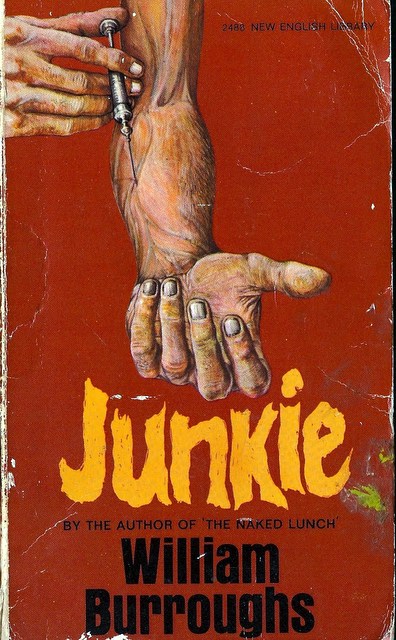yung.carl.jung
Hey Bird! I'm Morose & Lugubrious
Me neither, because I dont think such a thing exists.
HIGH LITERATURE DOESNT EXIS-------



By "high literature" do you mean literary fiction?
Because literary fiction is the worst. It is a gigantic, growing, steaming, fetid, burning pile of fermented rat droppings. This is true in every language, but hardest to escape in English because of the so-called MFA Problem.
what is literary fiction besides a useless buzzword? why does it rustle you so much? literary fiction is a genre invented to set novels apart from genre fiction. if a work calls itself literary fiction, by that action it expects to be treated as having more literary merit. thats all there is to it. its a little masturbatory, not more not less
pretty much any classic can be defined as literary fiction, matter of fact any fiction that isnt genre fiction would be literary fiction, because it is a dichotomy. the illiad is literary fiction, as is don quixote, brothers karamazov, 1984 and faust.
it is similarly useless to other labels with the same intent: IDM as opposed to EDM (our music is smart, not like this david guetta garbage!). but in the real world, those labels actually are useful. turns out most music that goes under the label of EDM really does sound like a wet fart in a closed room. turns out most genre fiction really is written for a specific target audience, always follows the same rules and really is mind-numbingly boring.



